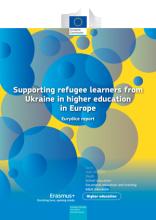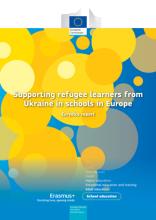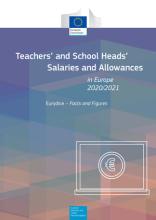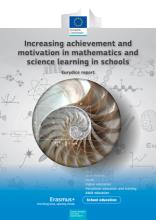Adult education and training in Europe: Building inclusive pathways to skills and qualifications
Full version EL EN ES HR IT LV RO SR
Main findings CS
This Eurydice report focuses on adult education and training in Europe. It investigates current approaches to promoting lifelong learning, with a particular emphasis on policies and measures supporting adults with low levels of skills and qualifications to access learning opportunities. Starting with a range of quantitative indicators related to adult education and training (Chapter 1), the report examines national arrangements for coordinating adult learning policies and measures (Chapter 2). It then provides a cross-country overview of publicly subsidised programmes that seek to provide opportunities for adults to upgrade their skills and qualifications (Chapter 3). The report also addresses the question of financial support, paying particular attention to the financial incentives for groups with low qualification levels (Chapter 4). Approaches to achieving flexible learning pathways constitute another area of investigation (Chapter 5). This is followed by an analysis of arrangements for the recognition and validation of non-formal and informal learning (Chapter 6). The report finally looks at the extent to which awareness-raising and outreach actions (Chapter 7) and guidance services (Chapter 8) underpin the available learning provision. The report’s prime source is the policy information collected from Eurydice National Units, representing 42 education and training systems across 37 European countries. These data have been complemented with qualitative and quantitative data provided by other organisations, including Cedefop, Eurostat and the OECD.





